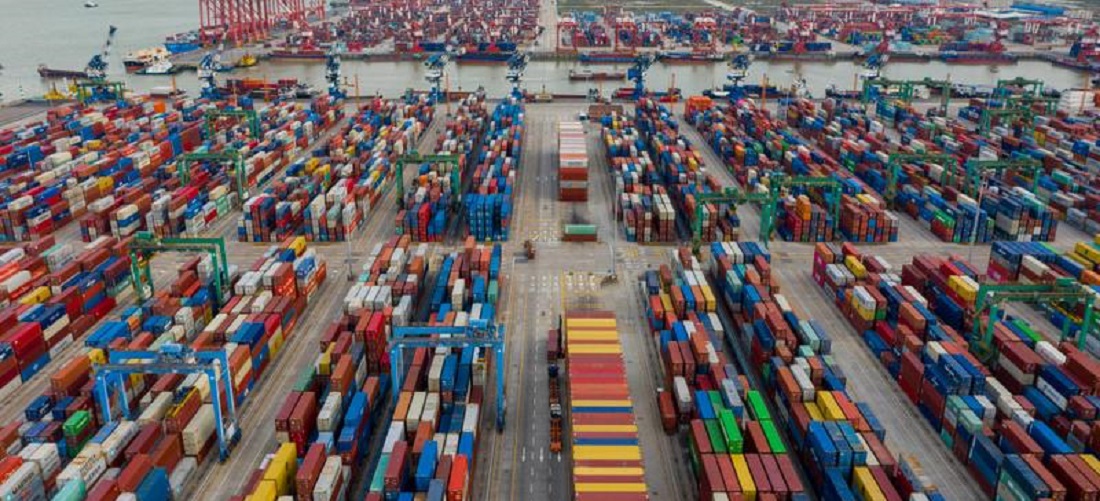
China takes action to alleviate container shortages
Dec, 09, 2021 Posted by Ruth HollardWeek 202147
Official data show that the container shortage that has recently hit China has gradually been alleviated through various measures taken by government agencies and companies to increase supply and ensure the smooth flow of goods.
Cargo handling at China’s ports totaled 12.87 billion tons in the first 10 months, an increase of 7.8% since January. During the period, container handling reached 235 million TEU, expanding 8.4% compared to the previous year.
Under coordinated government actions led by the Ministry of Transport, China’s state shipping giant COSCO shipped 13,469 empty containers back to domestic ports in March, meeting the country’s container demand.
The supply of new containers was also boosted by container manufacturers that accelerated production. In September, China’s monthly container production capacity increased from 200,000 TEU to a record 500,000 TEU. Official data show the stock of new containers made by major manufacturers exceeded 400,000 TEU.
The smooth flow of cargo driven by the digital transformation of China’s ports has also helped to ease container shortages. Data show that China now has 10 automated container terminals and seven more are under construction, both numbers ranked number one in the world.
Customs data show that China’s total imports and exports rose 22.2% year-on-year to 31.67 trillion yuan (about US$4.97 trillion) in the first 10 months, with exports growing 22.5%.
Source: Monitor Mercantile
To read the full original article, access the link: https://monitormercantil.com.br/china-toma-varias-medidas-para-aliviar-escassez-de-conteineres/
-
Ports and Terminals
Feb, 27, 2024
0
Minister unveils port investment scheme for future years
-
Economy
Nov, 23, 2020
0
Brazilian trade balance registers US$ 936m surplus in 3rd week of November
-
Economy
Sep, 21, 2020
0
TRADE BALANCE REGISTERS US$1.506 BILLION SURPLUS IN 3RD WEEK OF SEPTEMBER
-
Grains
May, 25, 2022
0
At least 35 countries have restricted exports in the last two years



